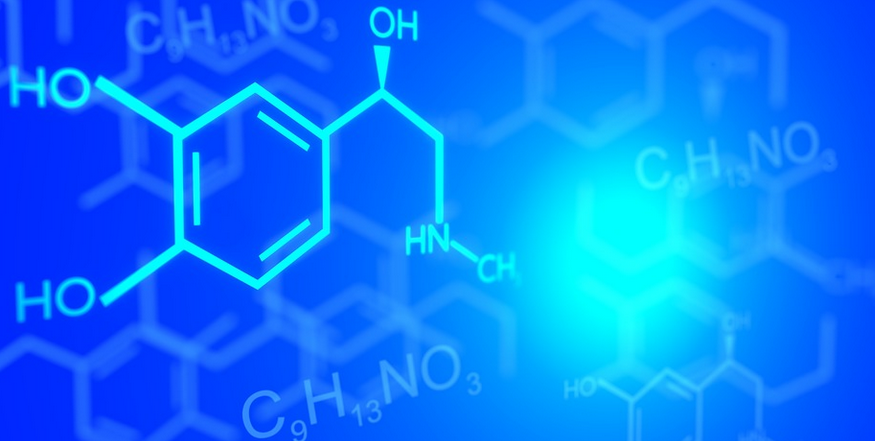Introduction
Hydrogen is the first chemical element in the periodic table, with atomic number 1 and symbol H. It is the most abundant element in the universe, making up about 75% of its elemental mass. Hydrogen is a colorless, odorless, tasteless gas that is highly flammable and reactive.
Discovery
The existence of hydrogen was first hypothesized by Henry Cavendish in 1766, but it was not until 1783 that Antoine Lavoisier named the element and recognized its role in water. The name “hydrogen” comes from the Greek words “hydro” (water) and “genes” (forming), reflecting its role in the formation of water.
Properties
Physical Properties
Hydrogen is the lightest element, with a density about 14 times less than that of air. It is a gas at room temperature and pressure, but can be condensed into a liquid or solid at extremely low temperatures and high pressures. Hydrogen has the lowest boiling and melting points of any element.
Chemical Properties
Hydrogen is highly reactive and forms compounds with most other elements. It reacts with oxygen to form water, and with carbon to form hydrocarbons. Hydrogen is also used in the production of ammonia, methanol, and other chemicals.
Applications
Hydrogen has a wide range of applications, including in the production of fertilizers, as a fuel for rockets and other vehicles, and in the processing of metals. Hydrogen fuel cells are also being developed as a clean and efficient source of energy for homes and vehicles.
Environmental Impact
Hydrogen is considered a clean fuel because it produces only water when burned. However, the production of hydrogen can be energy-intensive and may involve the use of fossil fuels, which can have a negative impact on the environment. Efforts are underway to develop sustainable methods of producing hydrogen, such as through the use of renewable energy sources.
Conclusion
Hydrogen is a fascinating element with a wide range of applications and a key role in the formation of water. As the world seeks to transition to cleaner forms of energy, hydrogen is poised to play an increasingly important role in powering our homes, vehicles, and industries.

